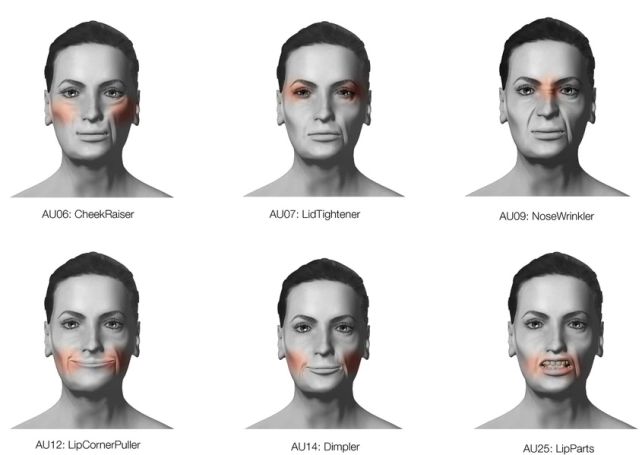A recent review published last year in the journal Plos One found that spontaneous laughter leads to health benefits.
The article combined the results from eight separate studies to answer the question: Does spontaneous laughter reduce cortisol levels?
What is Cortisol?
Cortisol is an essential hormone that affects almost every organ and tissue in your body.
It’s produced by the adrenal glans and plays many important roles, including: maintaining blood pressure, supporting immune function, boosting metabolism, and helping you stay awake.
When you are under stress, your body produces more cortisol; therefore, it is a good measure of stress levels. Too much cortisol can lead to weight gain, digestive problems, muscle weakness, depression, and anxiety.
Laughter as Medicine
 Since the 1970s, medical experts have learned that laughter can boost pain tolerance and improve overall well-being.
Since the 1970s, medical experts have learned that laughter can boost pain tolerance and improve overall well-being.
This recent meta-analysis identified eight studies in which participants were encouraged to laugh by watching a funny video, working with a laughter therapist, or participating in a self-administered laughter program.
Some of the studies measured participants’ cortisol levels before and after a laughter session and others included control groups, which measured cortisol levels of participants without laughter.
Combining the data, researchers found that cortisol levels fell by 31.9% for people who participated in laughter interventions — and even a single laughter session led to a 36.7% reduction in cortisol. It didn’t matter how long participants laughed; any laughter led to reductions in cortisol.
Their analysis concluded that “spontaneous laughter is associated with greater reduction in cortisol levels as compared with usual activities, suggesting laughter as a potential adjunctive medical therapy to improve well-being.”
Other Health Benefits of Laughter
 This recent review builds on previous research that has found that laughter can improve your overall health, well-being, and life satisfaction.
This recent review builds on previous research that has found that laughter can improve your overall health, well-being, and life satisfaction.
Here are few studies and benefits of laughter:
- A 2018 review found that laughter and humor interventions appear to enhance well-being in older adults.
- Laughter is also found to improve mental health and bolster personal development.
- Evidence suggests that laughter helps improve cardiovascular health.
- Laughter can decrease pain perception. One study found that laughter therapy reduced pain scores of people living with terminal cancer by nearly half.
The take-home message: Laughter is good medicine, and there is data to prove it. So do your best to find opportunities to laugh and giggle as often as possible.
The post Why Laughter is Good for the Soul and Your Health first appeared on Humintell | Master the Art of Reading Body Language.



 In Study 1, the researchers recorded semi-structured video calls with 52 participants interacting with a confederate across various everyday contexts.
In Study 1, the researchers recorded semi-structured video calls with 52 participants interacting with a confederate across various everyday contexts. In Study 1, more facially expressive participants were more well-liked, agreeable, and successful at negotiating (if also more agreeable).
In Study 1, more facially expressive participants were more well-liked, agreeable, and successful at negotiating (if also more agreeable).